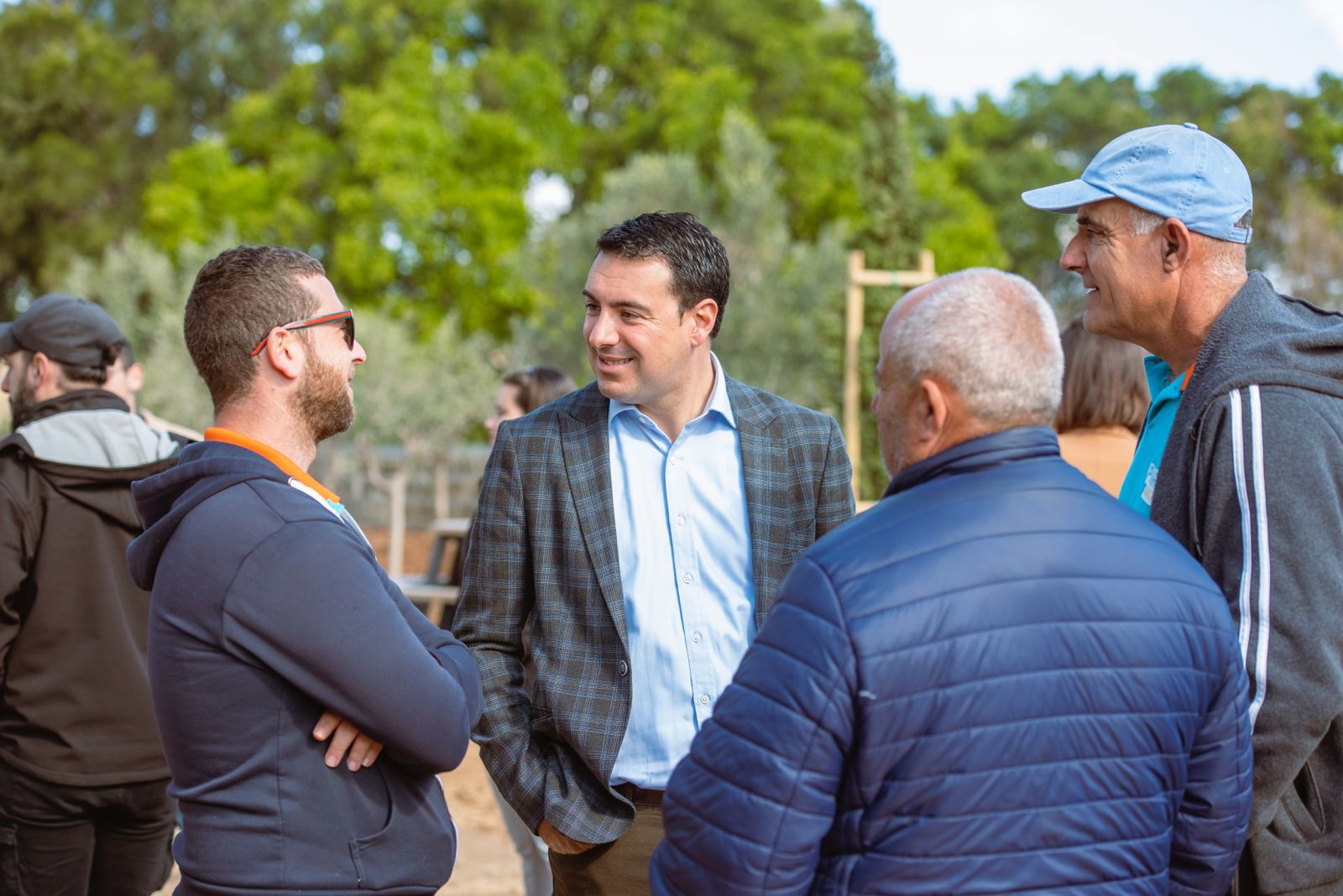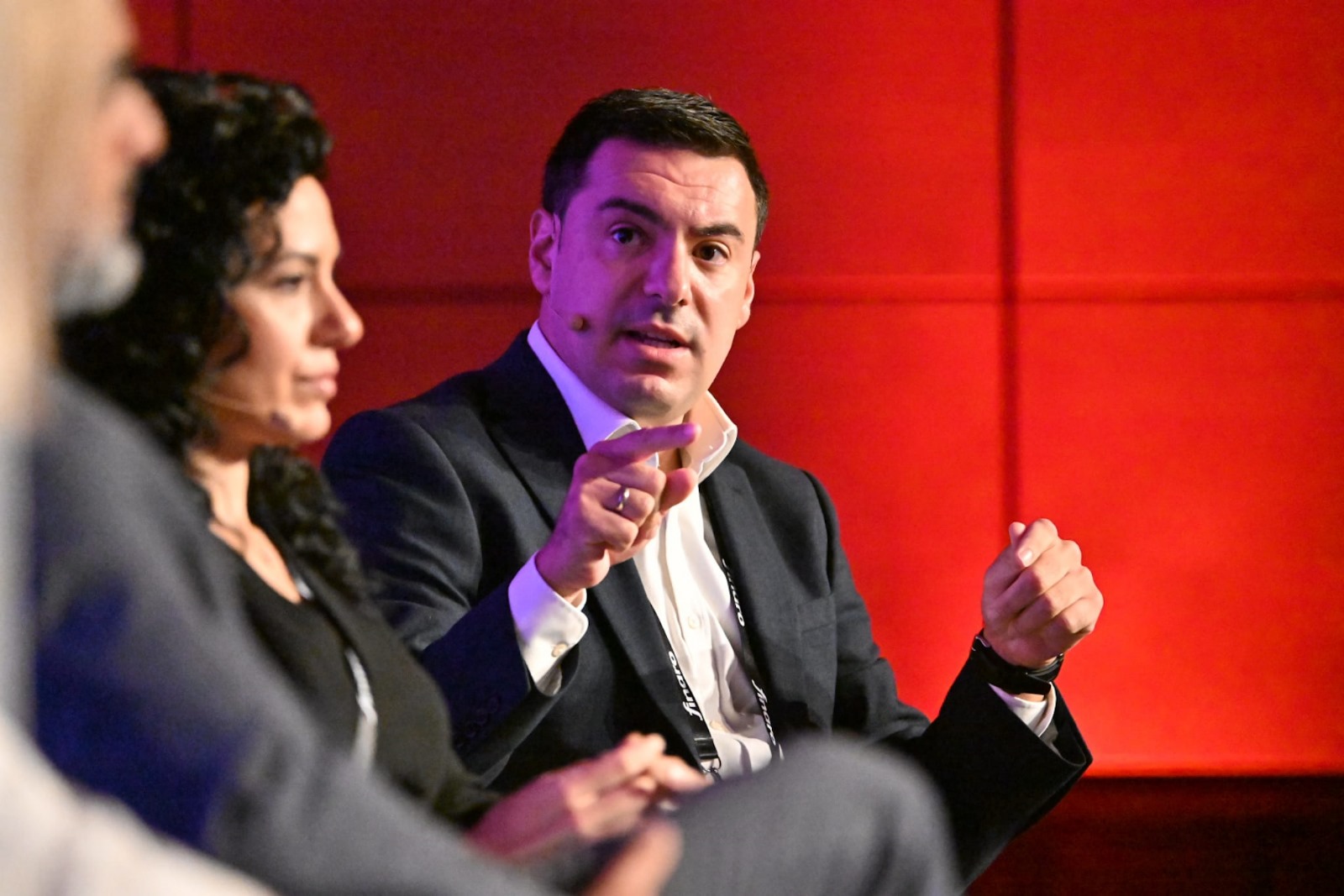A further increment on this top-up would make it more attractive for these skilled employees to remain in employment.
A further increment on this top-up would make it more attractive for these skilled employees to remain in employment.
Upskilling our human resource is essential to level up our economic model and enhance our competitiveness as a country. Today, we have nothing short of 170,000 people in our workforce with a potential for reskilling and upskilling. In addition to that, there’s an entire generation of highly-skilled employees who are approaching retirement. We need to ensure that the right incentives are in place for these people to consider remaining in employment and transfer their knowhow and skills.
Malta has one of the lowest unemployment rates in Europe, coupled with the highest level of gainfully occupied employees in our history. Undeniably, this is a strong economic achievement in the face of all the external shocks our small economy had to face in recent years.
This same situation can be seen across Europe, as three out of four SMEs are facing skill shortages on a day-to-day basis across the continent. This was also highlighted by European Commission President Ursula von Der Leyen in her State of the Union address as she hinted towards greater access to the European labour market for young people and women in particular.
Both locally and at EU level, this extremely tight labour market is occurring at an important juncture of our economic transition.
Now more than ever, we need to level up our economic model, direct it towards quality driven industries and upgrading existent sectors towards higher value-added and a better level of productivity which will enhance our competitiveness as a country.
Rather than shying away from these challenges, we need to grasp every opportunity to accelerate this transition by leveraging on the best resource we have; our human capital.

The value of experience and knowhow
Our industry still enjoys some of the most skilful and technical workers, many of whom have a wealth of experience generated through trade school education and years of hand-on experience in our shipyards and other highly technical sectors.
These individuals are rapidly approaching their retirement age, yet their skillset is vital for the development of our economic model. We need to make sure that their talents are retained as long as possible and more importantly we need to make sure they are incentivized to transfer their knowhow to their younger colleagues.
Incentivising longer careers
Many of these skilled employees have paid enough national insurance contributions that allows them to retire at 61 years. We need to further incentivise these individuals to remain in employment for longer if they so wish.
One way of doing this is by allowing these individuals to start earning their pension whilst they keep on working. This will reduce the risk of losing such skills from the labour force whilst simultaneously allowing these people to legitimately increase their spending power.
An alternative solution would be to increase further the existent pension top-up mechanism which kicks-in after the official retirement age is reached, usually at 64 or 65.
A further increment on this top-up would make it more attractive for these skilled employees to remain in employment.
I also believe that the tax burden on these individuals needs to be reduced given that they would have already paid enough contributions to support their own pensions.
Mentorship and training
Incentives like these should be linked with on-the-job mentorship and peer-to-peer training. This knowledge transfer should be an indispensable feature linked with these incentives otherwise we would be simply kicking the can down the road for a couple of years until these individuals decide to effectively retire.
There is no better way to upskill people than on the job training provided by experienced peers and senior workers often possess the invaluable experience that we need for the future.
By creating this link between longer careers and mentorship, we would be tangibly strengthening Malta’s future economic growth and competitiveness in key industries.
The active involvement of employers and the private sector
The private sector has to be in the driving seat of these initiatives. We need to make sure that our companies embrace the transition that is needed.
It is in everyone’s interest to have a skilled workforce which is well prepared for tomorrow, or todays’, business environment. Upskilling and reskilling needs to become a core function in every organisation, in-house training programmes should be incentivised through fiscal incentives but also the academic or technical support needed by these companies.
We need to appreciate that companies can only focus on their core business and expertise, but the public sector can support training by providing the necessary ecosystem to these private entities. One example of how this could work is by extending the best practices of the Alternative Learning Programme to in-house training with companies willing to provide the technical expertise needed for that particular sector.
Embracing this approach requires a collective effort to provide the necessary support and create tailored programs. By doing so, Malta can unlock the potential of its retired workforce and build a more sustainable and inclusive future.



